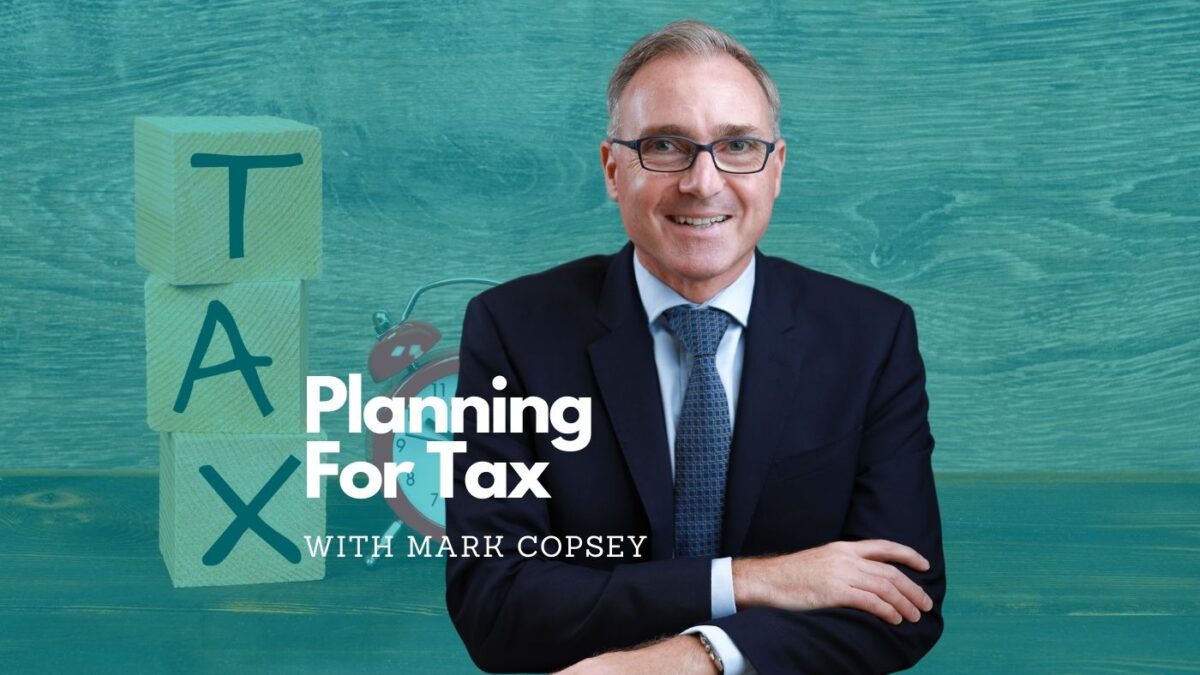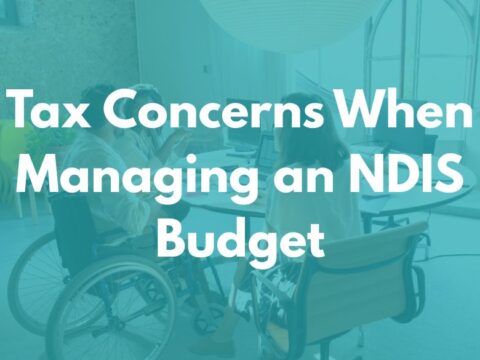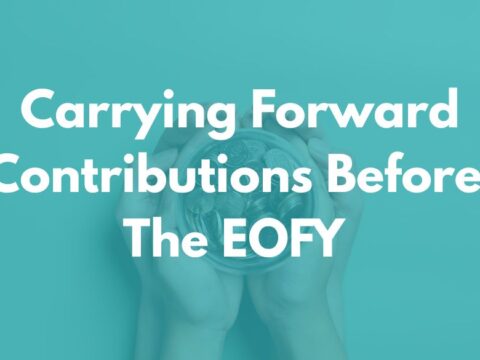Tax Planning or Planning for Tax?
By Mark Copsey, Partner
When you think of Tax Planning you may think it’s only for large businesses or the ultra wealthy. However, if you reframe it as “Planning for Tax,” you will see this captures almost everyone. As they say, there’s nothing surer than death and taxes.
Tax Planning or Planning for Tax should not be confused with Tax Avoidance, which is illegal. However, deferring taxes, structuring your affairs, and claiming all the entitlements you are eligible for is perfectly legal.
Businesses
A good business should be budgeting for the year ahead and beyond. Yet over the years I have noted most budgets fail to consider the amount and timing of tax. As this can be a significant cost it can have a serious impact on cashflow and restrain the ability for the business to grow.
Currently there are a number of tax incentives to help businesses grow. For instance the Instant Asset Write Off has been a huge incentive for business to set themselves up for growth. However, this is all very well, but if you haven’t budgeted for the cashflow impact of the cost and the impact of the tax benefits you could be setting yourself up for failure.
Start sooner rather than later
Tax Planning is sometimes viewed as an afterthought as we head towards 30 June each year. Oftentimes leaving it to June can be too late.
When we thought the Instant Asset Write off was ending in June 2021, there was a mad scramble to acquire assets. If you tried to purchase a new vehicle (or anything) recently, expecting delivery in a few weeks, you were in for a nasty surprise. Things are getting better now but it is a real example of failing to plan in advance.
Tax Planning can be viewed as short term (i.e. this tax year) or long term (planning for events that are likely to occur some years into the future).
A simple example of short term planning is contributing to superannuation. A self-employed person or business may make the maximum contribution (currently $27,500) to superannuation in June to claim a tax deduction.
An employee on the other hand may look to salary sacrifice part of their income to superannuation each month, gaining both the tax benefit each month and benefiting from the effects of compounding on their investments in super over time. This can have a significant impact on your future retirement.
For businesses, long-term thinking may involve looking at the sale of a business and what the taxes are likely to be and looking into ways well in advance as how to reduce these so a clear plan is in place when the time comes instead of the usual last minute rush.
For the individual looking at their Estate Planning and the most tax effective way to pass assets to beneficiaries is an example.
Looking at your life insurances and who holds them (you or in your super fund) is another consideration to make. Understanding the taxes and cash flow impacts is something an individual should be aware of.
Planning for your taxes
Even if there are no strategies for reducing your tax you should be aware of when your taxes are due and payable. Planning for your taxes will allow you to budget the household finances for Tax Liabilities from the year before and those quarterly Pay As You Go Instalments so you don’t get a rude surprise when they land in your inbox. Again we can assist you with this planning.
Structuring
For businesses
Oftentimes businesses are set up in haste with little thought to how they are structured and what the long-term tax impact could be. When setting up a new business, it is essential you talk with a tax advisor who can at least explain what the different types of structures are and the pros and cons of each.
The tax rules are constantly changing so it is essential you are using a tax advisor who is on top of these changes. Trusts are a dirty word at the ATO but if used correctly they are still a very beneficial structure to be using especially for asset protection purposes as well as their tax benefits.
While it can be difficult to change a structure, especially for a long-established profitable business; there can, in many instances, be ways to restructure your affairs after set up. This requires careful planning, but we can assist with this.
For individuals
Look at who holds your income-producing assets.
Take the example of a couple where one is a high-income earner and pays tax at the highest marginal rate of 47% and their partner is a low-income earner paying tax at the marginal rate of 19%. Let’s say they have savings of $125,000 and the interest earned on those savings is $5,000 p.a.
If the savings are in partner one’s name, the tax on that interest will be $2,350 verses $950 if they are held in partner two’s name. OK, it’s only $1,400, but that’s an OK weekend away with a few good meals at a restaurant… all by simply holding your investments in the right name.
If we go further and say the couple has a variable mortgage at 6% and put their savings against the mortgage, they will both save on the tax they would have paid on their interest income ($2,350 or $950) and will save on the non-deductible interest paid on their mortgage of $7,500. Now we’re talking a decent trip away.
Keeping good records is a very simple way to save tax. Over 30 years I have seen clients miss out on tax deductions because they do not have good records. If you can provide your accountant with a summary of expenses or copies of invoices there are tax savings to be had.
A couple of simple things you can do is either set up a separate folders in your email (Tax -2023) and move all your receipts to that folder. Take copies of receipts on your phone, email them to yourself, and move them into this folder. Alternatively, and this is what I do, set up a sperate folder in either ‘File Explorer’ or in ‘Office 365”. Then at the end of the tax year you can simply forward this information to your accountant. We’ll love you for it and you’ll save more on tax.
Allworths have been assisting clients with their tax affairs for over a century so please give us a call if you would like to discuss your tax planning or plan for your tax.
IMPORTANT NOTICE
This blog post contains general information only and has been provided by Allworths without reference to your objectives, financial situation or needs. Allworths cannot guarantee the accuracy, completeness or timeliness of the information contained here. By making this information available to you, we are not providing professional advice or recommendations. Before acting on any of the information contained here, you should seek professional advice.




